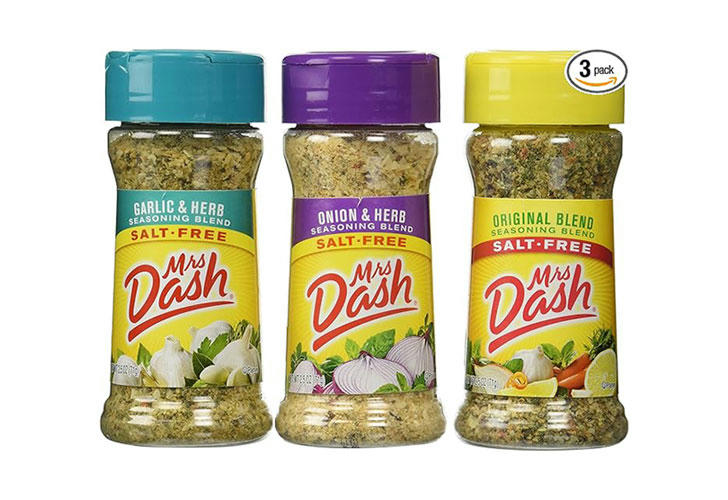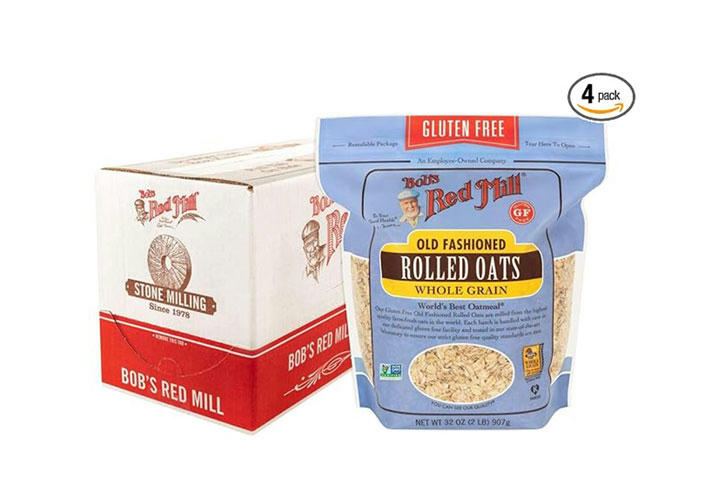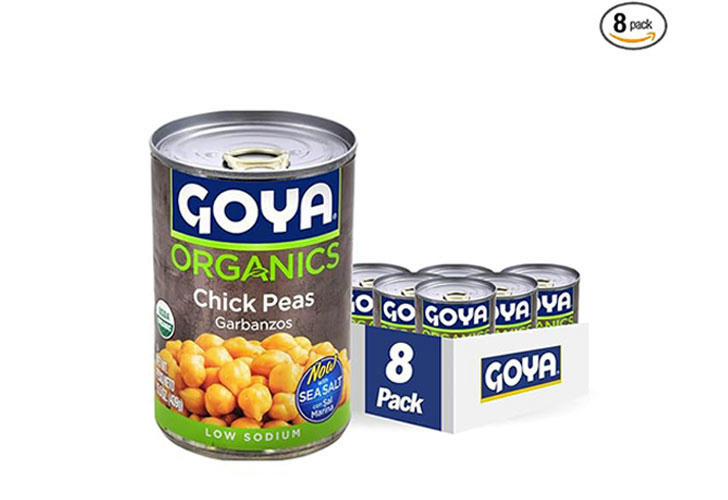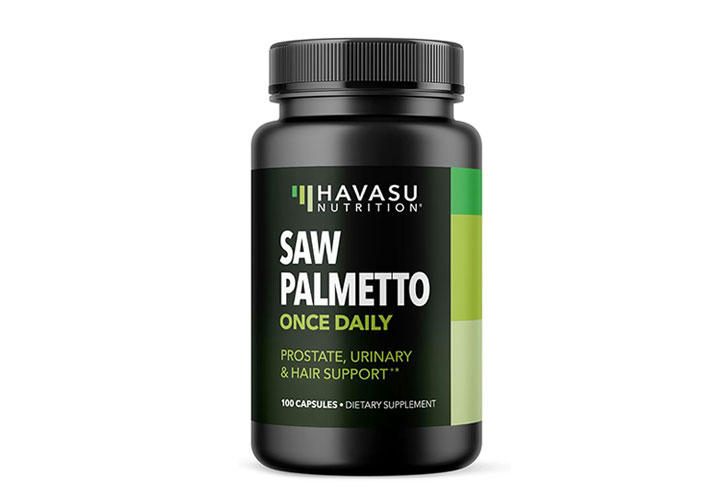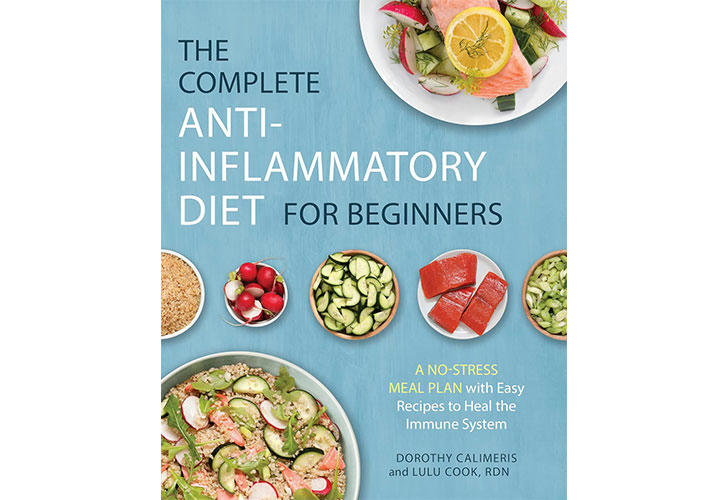What should and shouldn't prostate cancer patients eat?
Prostate cancer is a significant health concern for many men in the United States, and diet can play a crucial role in managing the disease and improving overall health. This article outlines foods that are beneficial for prostate cancer patients, as well as those that should be avoided to help manage symptoms and support treatment.
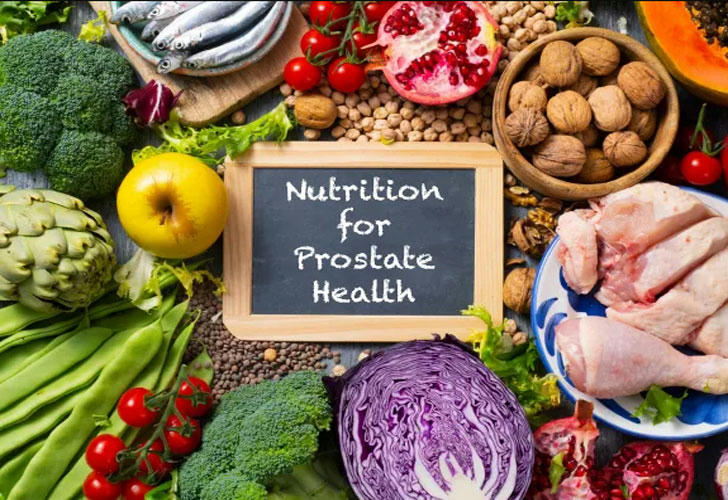
Understanding Prostate Cancer and Nutrition
Dietary choices can influence the risk of developing prostate cancer and its progression. A diet rich in fruits, vegetables, whole grains, and healthy fats can support overall health and potentially reduce the risk of prostate cancer. Conversely, certain foods may contribute to disease progression or increase risk factors.
Recommended Foods for Prostate Cancer Patients
1. Fruits and Vegetables
Why: High in vitamins, minerals, and antioxidants that help combat cancer.
Examples:
Tomatoes: Rich in lycopene, which has been linked to a reduced risk of prostate cancer. Aim for 2-3 servings of tomato products per week.
Cruciferous Vegetables: Broccoli, cauliflower, kale, and Brussels sprouts contain compounds that may inhibit cancer growth. Aim for at least 2 servings daily.
Berries: Blueberries, strawberries, and raspberries are high in antioxidants.
Citrus Fruits: Oranges and lemons provide vitamin C and other beneficial compounds.
2. Whole Grains
Why: Whole grains are high in fiber, which can help regulate hormone levels and improve digestive health.
Examples:
Brown Rice: A nutritious alternative to white rice.
Quinoa: A complete protein source that is also gluten-free.
Oats: Great for breakfast; they help lower cholesterol levels.
3. Healthy Fats
Why: Healthy fats can reduce inflammation and support heart health.
Examples:
Olive Oil: A good source of monounsaturated fats; use it for cooking or salad dressings.
Avocados: Provide healthy fats and fiber; consume in moderation.
Nuts and Seeds: Almonds, walnuts, flaxseeds, and chia seeds are excellent sources of omega-3 fatty acids.
4. Lean Proteins
Why: Protein is essential for maintaining muscle mass during treatment but should be consumed in moderation to reduce strain on the kidneys.
Examples:
Fish: Fatty fish like salmon and mackerel are high in omega-3 fatty acids, which may lower cancer risk.
Chicken or Turkey (skinless): Lean poultry provides protein without excessive saturated fat.
Legumes: Beans and lentils are great plant-based protein sources.
5. Herbs and Spices
Why: Many herbs and spices have anti-inflammatory properties.
Examples:
Garlic: May help boost the immune system.
Turmeric: Contains curcumin, which has anti-cancer properties.
Foods to Avoid
1. Red and Processed Meats
High consumption of red meat (beef, pork) and processed meats (bacon, sausages) has been linked to an increased risk of prostate cancer. Consider replacing these with plant-based proteins or fish.
2. High-Fat Dairy Products
Full-fat dairy products may contribute to prostate cancer progression. Limit intake of whole milk, cheese, and ice cream; opt for low-fat or non-dairy alternatives instead.
3. Saturated Fats
Foods high in saturated fats can increase inflammation. Avoid fried foods, butter, lard, and fatty cuts of meat. Instead, choose healthier fats like olive oil.
4. Sugary Foods and Beverages
Limit intake of sweets and sugary drinks to maintain overall health and prevent complications such as diabetes.
5. Alcohol
Excessive alcohol consumption is associated with various health risks. If you drink alcohol, limit it to moderate levels (up to one drink per day for women and two drinks per day for men).
Recommended Products for Prostate Health
1. Low-Sodium Seasoning Blends
Enhance flavor without adding sodium.
Example Product: [Mrs. Dash Seasoning Blends]
BUY FROM AMAZON2. Whole Grain Products
Look for whole grain pasta, rice, or bread options that are lower in potassium.
Example Product: [Bob's Red Mill Whole Grain Oats]
BUY FROM AMAZON3. Plant-Based Protein Sources
Incorporate beans or lentils as alternatives to meat for lower phosphorus options.
Example Product: [Goya Black Beans]
BUY FROM AMAZON4. Saw Palmetto
Why: Often used to support prostate health and alleviate symptoms of benign prostatic hyperplasia (BPH), saw palmetto may help reduce urinary symptoms.
Example Product: [NOW Foods Saw Palmetto Extract]
BUY FROM AMAZON5. Cookbooks Focused on Kidney Health
Find recipes tailored for kidney-friendly meals to inspire your cooking.
Example Product: [The Complete Book on prostate Diet]
BUY FROM AMAZONConclusion
A balanced diet rich in fruits, vegetables, whole grains, lean proteins, and healthy fats can support prostate health and potentially reduce the risk of cancer progression. It is essential for prostate cancer patients to avoid red meats, high-fat dairy products, saturated fats, sugary foods, and excessive alcohol consumption.
Before making significant dietary changes or if you have specific health concerns related to prostate cancer, consult with a healthcare provider or registered dietitian who can provide personalized advice tailored to your needs. By making informed food choices, individuals with prostate cancer can take an active role in their health management.

